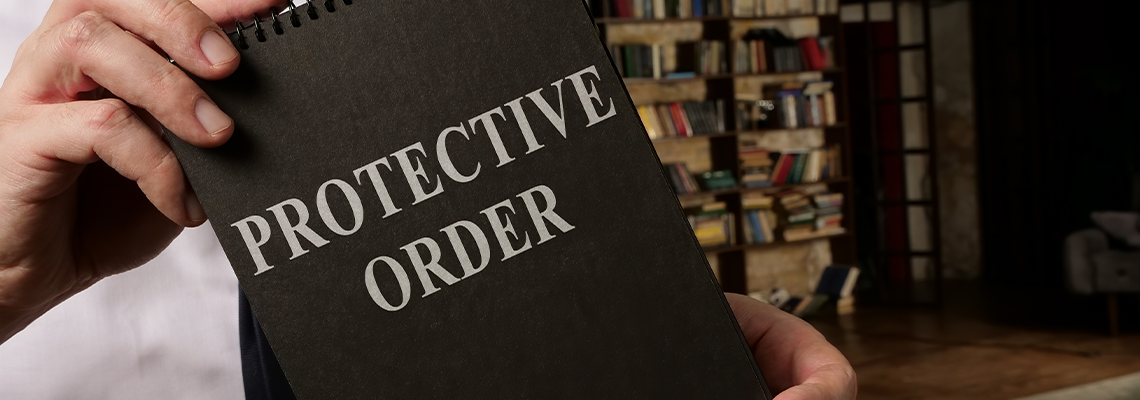
How To Handle Protective Orders
In any relationship, conflict is inevitable. However, when one individual experiences relational abuse, harassment, or threatening behavior, a protective order may be necessary to prevent future incidents. Although acts of domestic violence should never be tolerated, some individuals might use an order of protection to manipulate the system for relational leverage or personal gain. This creates false allegations for the other party that can lead to slander, defamation of character, and harsh criminal charges.
Because these violations can be immediately and directly reported to law enforcement, anyone facing a Virginia protective order should seek legal representation from an experienced criminal defense attorney. E. Gordon Peters, Jr., Attorney at Law, understands that there are always multiple sides to every story. He can help you understand more about what it means to face a protective order and how to fight against it.
What Is A Protective Order?
A Virginia protective order is a legal document signed by a judge or court that prevents one person from having contact with another person or group of people. Many people assume that protective orders are synonymous with restraining orders. Although both of these orders serve similar functions, protective orders impose significantly stronger penalties for violations. Violating a protective order can lead to steep fines and harsh criminal charges, including jail.
The Impact Of A Protective Order
A protective order can drastically impact your life. The negative effect on your finances, personal and professional relationships, and mental health cannot be overstated. Protective orders in Virginia carry potential consequences such as:
Court-ordered payment for court costs, fees, and other costs associated with the case
Court-ordered enrollment in counseling or treatment program
Inability to possess or purchase a firearm
Loss of parenting or custodial rights
Order listed on public records
Order listed on criminal record
Various criminal charges
Protective orders are serious business. If you are facing a protective order or already have one issued against you, now is the time to speak with a criminal defense attorney who can defend and protect your rights.
What To Do If A Protective Order Is Filed Against You
If you have been served with legal paperwork regarding a protective order, making the right decisions at the right time can make all the difference. When someone files a protective order against you, you have a right to the legal process to defend against the order. Here are a few tips to prepare for—and defend against—a protective order:
Read the protective order and follow all of it — This cannot be stressed enough. Make sure you read the entire order (even the fine print) so you don’t violate it. Even what may seemingly be a subtle or unintentional violation can make defending against the order much more difficult.
Gather evidence and important information — As long as it doesn’t violate the order, gather as much evidence as possible that can support your defense. This includes photos and videos, text and email, possible witnesses, and any other information you believe might be relevant to the case.
Contact an attorney — Although you have the right to defend yourself against a protective order, these cases are typically emotionally charged and very difficult to self-navigate. A criminal defense attorney with experience in Virginia protective order laws can review the allegations and evidence of the order and assist you in developing the best defense.
Get Reliable Representation Today
Depending on the circumstances, it can be extremely difficult to get a protection order dropped. Even the slightest mistake in words or actions can be used against you in court. At E. Gordon Peters, Jr., Attorney at Law, Gordon understands the importance of enforcing a protective order but also empathizes with the many individuals who face false accusations. No situation is hopeless and help is available. If you live in Lynchburg or Blackstone, Virginia, as well as neighboring areas of Amherst, Campbell, Bedford, Nottoway, Prince Edward, and Charlotte Counties, reach out today
